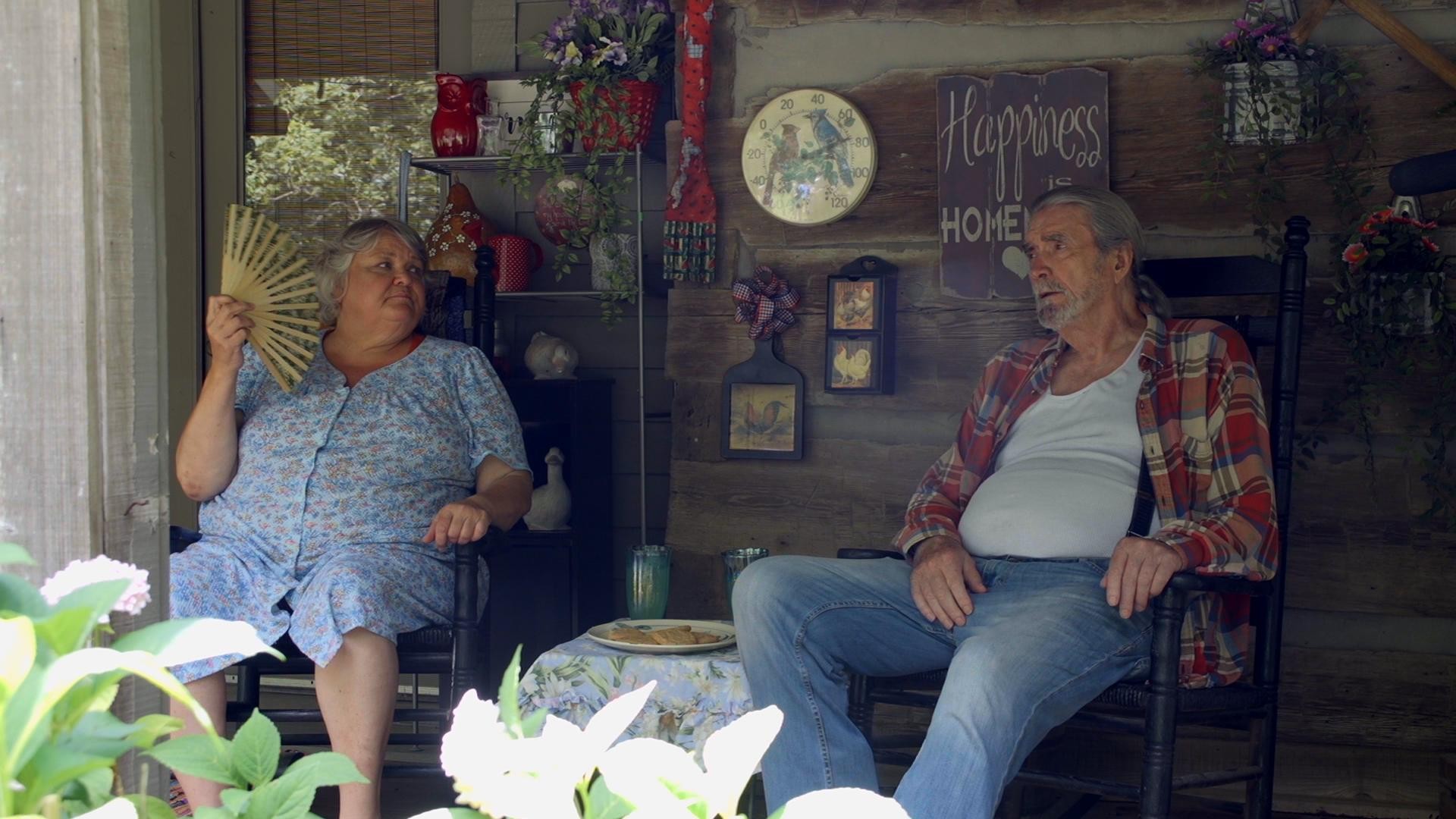The COVID-19 pandemic has sent shock waves through the film industry, with shuttered theaters and delayed film releases. The crisis has hit film festivals, which rely on close contact between filmmakers, audience, and industry personnel, particularly hard. 
The Golden Years
One of the first casualties of coronavirus-related shutdowns was the Oxford Film Festival, which was scheduled to take place March 18th-22nd. Festival director Melanie Addington and her board had to make the excruciating decision to scrap a year’s worth of plans on two weeks’ notice. But endangering lives by bringing people together from all over the country as a deadly and highly contagious disease spread unchecked was simply not an option for the organizers of Mississippi’s largest film festival.
With no clarity as to when the situation would permit a rescheduling of the festival, Addington and her crew found themselves scrambling for a new paradigm. Now they have leveraged their relationship with Eventive (see this week’s cover story, “How Will the Pandemic Change the Arts”) to become one of, if not the, first film festival in America to move online. The Oxford Weekly Virtual Film Festival begins on Thursday, April 24th.
“The Oxford Film Festival has become a vital showcase for independent film and filmmakers for close to two decades now,” Addington says. “So rather than reducing the number of the films that routinely receive the benefits of having that platform, we decided to create these weekly presentations in lieu of a one-week online virtual film festival. We’re excited by the idea that we can give each film that much more of a focus.
“It is important for festival organizers to adapt in this pandemic to do what is best for their filmmakers, as they are our partners and the only reason our industry exists. Coming up with a way to help our filmmakers during an uncertain time financially by sharing the proceeds from those screenings will add another key benefit that is critical at this moment. As we introduce this idea to help our filmmakers, we actively request that our industry also look to do what is best for the filmmakers as well.”
While film festivals have always thrived when they deliver superior in-person experiences, organizers have for years explored ideas on how to expand their operations online. The chief barrier to such a move has always been the economics of film distribution. Distributors are reluctant to buy or license films that have previously appeared online, since their business depends on giving outlets exclusive access to the films. But in these extraordinary times, there’s a movement to relax those requirements and allow filmmakers to show their films at online festivals.
Oxford is one of the first signers of the Seed and Spark 2020 Film Festival Survival Pledge, which was developed by the grassroots crowd-sourced financing company to address the problem and give filmmakers enough reassurances to allow their films to be shown online in a festival setting. Further putting the minds of filmmakers at ease is the security of the new Eventive platform, which will get its first big test with the Oxford Film Festival.
“We are very excited to be working with our ticketing partner Eventive, who has been working night and day to create this exciting platform that is DRM [Digital Rights Management] protected, geoblock capable, and safe and secure for our filmmakers,” Addington says. “But just as importantly, also visually pleasing and easy to use on any size screen.”
The first batch of Oxford programming goes online Friday, April 24th. The first group includes the McPhail Block, a collection of works by prolific Mississippi-based actors Johnny and Susan McPhail. The celebration includes Robb Rokk’s excellent Memphis Film Prize finalist “Truth Lies Upstream,” Thad Lee’s adaptation of the Stephen King short story “All That You Love Will Be Carried Away,” Lorraine Caffery’s “The Rougarou,” and the world premiere of this year’s Oxford Community film, Brian Whisenant’s “The Golden Years.”
A group of Mississippi-centric documentaries makes up a second block of films available premiere week, including “Getting Back to the Root” and “70 Years of Blackness.” The filmmakers will gather for an online Q&A on Saturday, April 26th, moderated by award-winning documentarian and Oxford alumnae Victoria Negri. On Sunday, April 27th, Addington will host international documentarians from Australian and the U.K. to discuss their contributions to the “Passion Projects: Doc Shorts” block.
These selections will be available for a week before the second group of films comes online. But on Saturday, April 25th, A Dim Valley will screen, director Brandon Colvin’s contribution to the festival’s LGBTQ Narrative Feature category. Colvin’s film follows a biologist and grad student who plunge into the Appalachian woods for a research project, only to have their worldviews upended by a chance encounter with a group of “mystical backpackers.” Colvin and his cast and crew will have an online Q&A after the screening.
Tickets to all these online presentations are $10, which will allow 24 hours of access to the films. Virtual festival passes and viewing packages are also available. Check oxfordfilmfest.com for details. The Flyer will continue to cover the weekly offerings of the Oxford Film Festival.